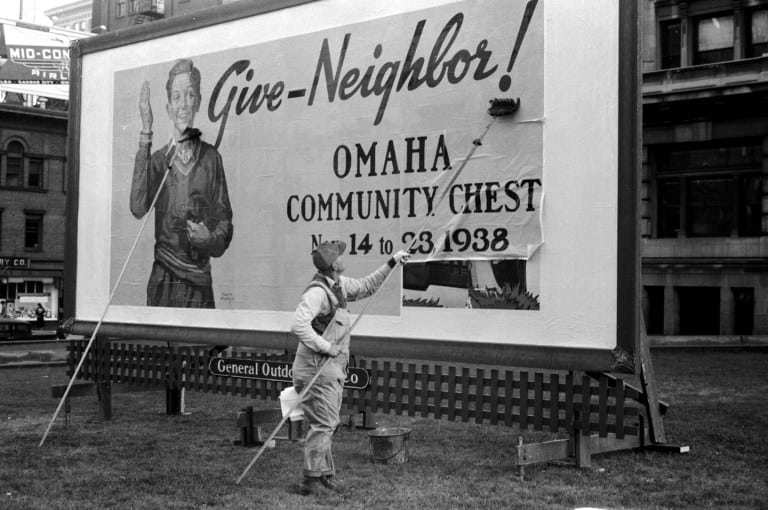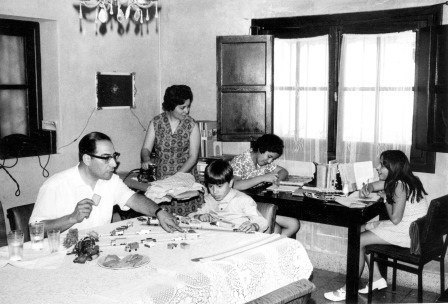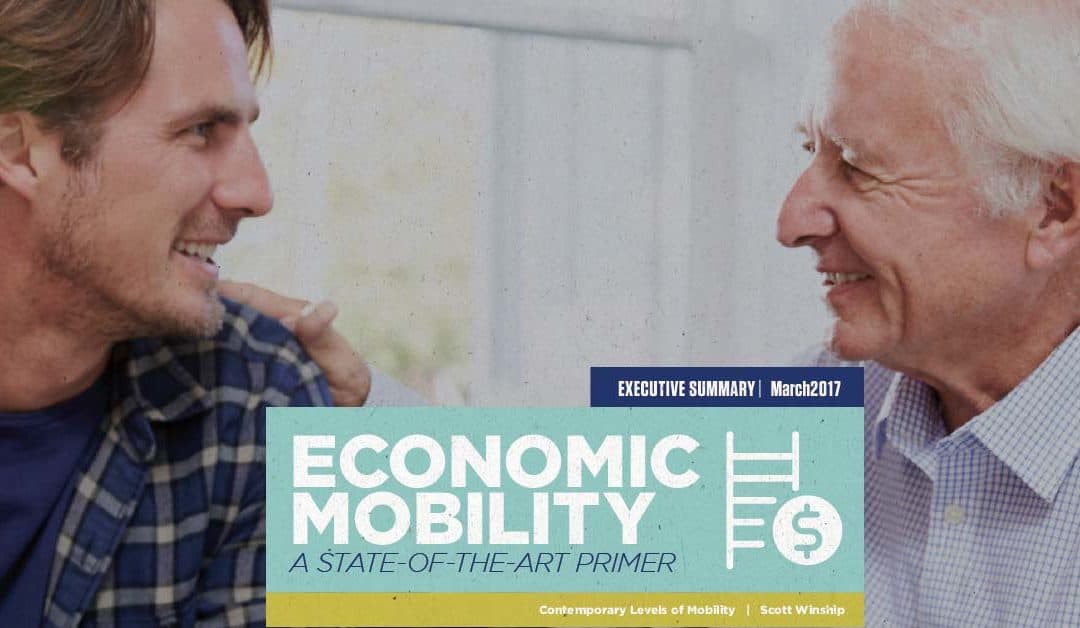Economic and Social Mobility
Make a Donation

Dodging the Hard Question on Economic Mobility
Ben Wilterdink, Director of Outreach and Policy Research, reviews Dream Hoarders by Richard V. Reeves, senior fellow at the Brookings Institution. By focusing on relative economic mobility, Reeves determines that the advantages upper middle class parents give their children are disadvantaging other children. Wilterdink asserts that Reeves’s focus is misplaced: Public policy should aim to increase absolute economic mobility.

Want to Help People? Focus on Economic Mobility, Not Inequality
President and CEO Gonzalo Schwarz pens an op-ed for The Hill, arguing that the current focus across the world on inequality is misguided. To improve lives, we must instead try to improve economic mobility. Recent survey results demonstrate that people find it more important to have a fair shot at improving their economic standing than reducing inequality.

Investing in Mobility & Saving the American Dream
Archbridge President and CEO Gonzalo Schwarz writes for Donors Trust’s regular series on how to be more strategic in charitable giving. Politicians—and therefore public policy—are increasingly focused on inequality, when they should be working to increase opportunity for all. But natural barriers to economic mobility cannot be resolved with one-size-fits-all government policies. The institutions of civil society must step in to address the personal and cultural barriers to flourishing.

Social Mobility is Still Going Strong in the Land of Opportunity
So-called “declinists” argue that it’s harder to climb up the income ladder than it used to be. Archbridge Honorary Advisor Dr. Scott Winship reexamines the evidence, finding that the decline in the size of families has allowed Americans to be better off than their parents with less income. In National Review, Winship summarizes his research and its implications.

Economic Mobility in America, A Primer
Economic mobility has become a leading policy concern across the political spectrum in America. But “opportunity” and “mobility” are elusive concepts. Dr. Scott Winship provides an overview of the different ways of measuring both relative and absolute mobility (i.e., movement in ranks and movement in dollars). He distinguishes between mobility indicators that assess movement in different parts of the parental and child income distributions, as well as summary measures that describe how mobility does or does not reduce childhood inequalities.
The Archbridge Institute is a non-partisan, independent, 501(c)(3) public policy think tank. Our mission is to lift barriers to human flourishing.
Archbridge Institute
1367 Connecticut Avenue NW, Suite 200,
Washington, DC 20036

